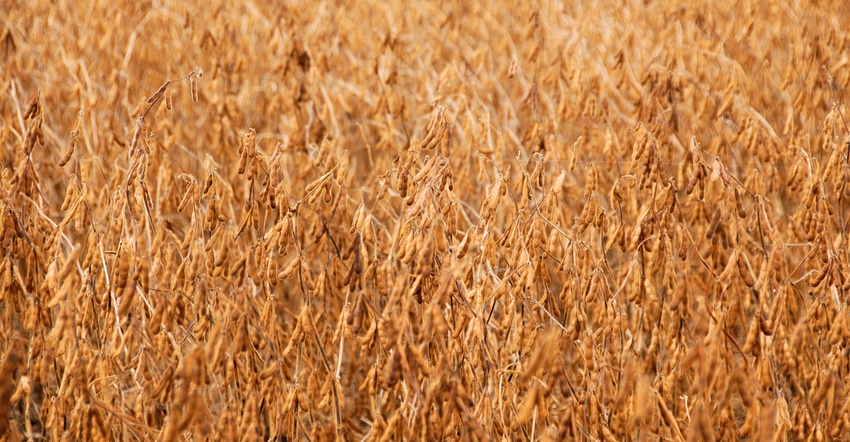
South American farmers reach similar average soybean yields to U.S. producers, yet there are regions in the U.S. that have more yield potential than even the best southern regions. That’s why GDM Seeds, which owns 50% of the soybean seed market in the southern continent, has set out to gain market share in the Northern Hemisphere.
The company’s Donmario-branded soybean genetics have yielded up to 146 bushels in Argentinian test plots. The yield potential demonstrated in those plots will soon be reached in the U.S., the company says. They’ve already reached up to 125 bushels in test plots they’ve run in the U.S. since they began to adapt their germplasm to American climes with northern genetics in 2006.
Donmario’s top varieties, now genetically distant from the South American seed portfolio, cost about the same as Pioneer and Asgrow beans. The company’s Midwest yield trials since 2016 show yields are similarly competitive.
Of the four Donmario varieties tested in the Farmers’ Independent Research of Seed Technologies, or FIRST, assessment in 2019, three made the top 30 list in the Illinois north, north-central and south-central regions.
Burrus Seed is the first U.S. company to offer Donmario soybeans, but the brand hopes to expand next year with late-maturing varieties in the Southern and Eastern U.S. Donmario is headquartered in Gibson City, Ill., and started to sell its U.S. soybeans commercially in 2018.
“Every year, we add about 1.5% in yield potential to the new varieties that are being launched in the market, and the average of the industry is about 1% to 1.1%,” says Ignacio Bartolome, U.S. and Canada business director for GDM Seeds.
Globally, his company works with 27 trait platforms. Xtend and Enlist are popular in the U.S., while insect resistance is popular in the tropical climate of Brazil. GDM Seeds has developed its germplasm base during more than 30 years through acquisitions, partnerships and investments in U.S. test plots. Today, the company offers U.S.-adapted maturities ranging from double 00’s to 7’s.
“We’re an independent company, and we want to supply as many traits as we can,” Bartolome says. “We’ve developed our own breeding process so that in two years, we can take any new trait that comes into the market and have high-yielding varieties.” He notes the highly anticipated Bayer trait, R2 XtendFlex, will be included in the Donmario portfolio after it’s approved.
When GDM Seeds first came to the U.S., the company’s genetics didn’t have soybean cyst nematode tolerance due to the parasite not being a problem in South America. They worked with universities to get the PI 88788 gene to market SCN-resistant varieties, and also have a few varieties that use the Peking genetic line of resistance.
“We have some Peking in some lines, but Peking is harder to breed with,” Bartolome says. “It tends to push back on yields, and our main goal is to breed for yield, so whatever pushes back on yield, we try to keep separated. We have a big gene-editing lab in Brazil, and we’re working with several gene-editing projects that would give cyst tolerance to all races.”
Todd Burrus says his company decided to partner with Donmario because they’re dedicated to research and they’re a family-owned company.
“They didn’t come to market in the U.S. for 12 whole years. They’ve just been quietly breeding soybeans as they’ve gotten ready to come to market, and that really shows great discipline on their part,” Burrus says.
About the Author(s)
You May Also Like




